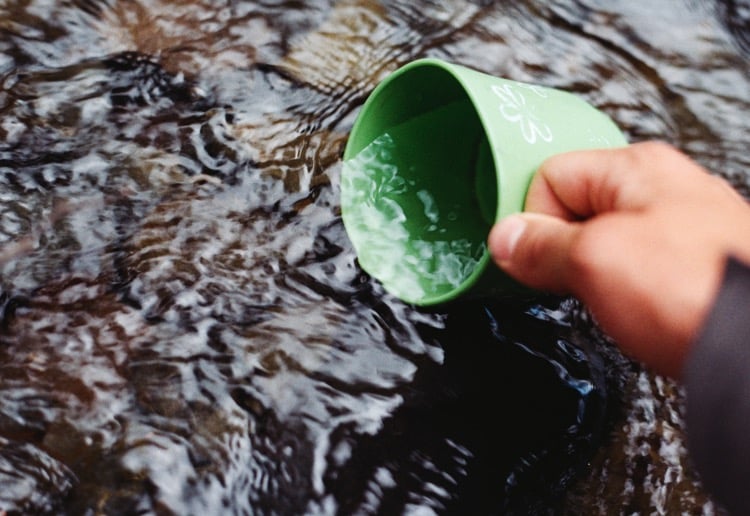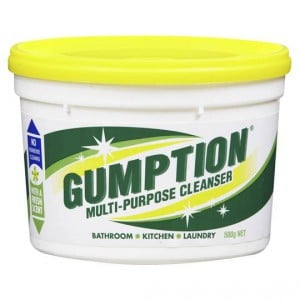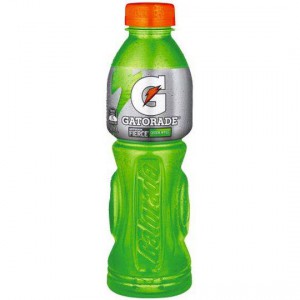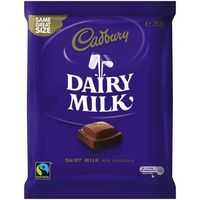Blocked drains can often sneak up on us, causing a major inconvenience in the home when drains overflow, emit foul smells or otherwise don’t function properly.
We only tend to appreciate our plumbing systems when we encounter problems like blocked drains, and realise just how much we rely on our water services throughout the home.
Thankfully, you don’t have to wait until your toilet starts to overflow before you can do anything about it – there are preventative measures you can take and things to be aware of that can help to prevent blocked drains at your home, saving you plenty of hassle in the future.
1. Don’t pour grease, oil or fat down the sink.
These products solidify in the pipes, thereby forming a pretty serious blockage. Instead, dilute any oil with water (once it’s cooled down!), and then pour it down the sink, or wait for grease to solidify and scrape it into the bin instead.
Also try running hot water down the sink after disposing of grease, oil or fat, as this can melt the waste products and encourage them to keep flowing through the drains rather than getting lodged.
Alternatively, slowly pour boiling water down the sink once a week to ensure the smooth functioning of the pipes.
2. Don’t rinse any food that expands when wet into the sink.
This includes rice, grains, pasta and cereals. Once washed down the sink, these food items will expand and become a significant blockage. Again, dispose of these scraps in the bin. Same goes for coffee grounds, which are dense and can therefore cause problems if dumped in the sink.
3. Ensure you only flush things down the toilet that are meant to be flushed – i.e. natural waste and toilet paper.
Nappies, sanitary products, paper towels and the like should not be flushed, as they do not decompose and can instead absorb water, expand and lodge themselves in your pipes.
4. Similarly, be aware of your children when they use the bathroom.
Children can be tempted to flush toys or other objects into the toilet, which is bound to get jammed in your home’s pipes.
5. Check your shower grates to ensure clumps of hair and shower products are not accumulating.
If these end up flowing into the pipes, they can cause a blockage.
Similarly, when brushing or styling your hair, avoid doing it over the sink, or catch any hair before it accumulates in the sink.
6. Be aware of using excess washing powder in your dishwasher or washing machine.
Again, these can solidify once flushed into the system.
7. With your kitchen, bathroom and laundry sinks and drainage holes, ensure that strainers are installed on all drains.
This will catch hair and debris before they have a chance to flow into your pipes.
8. Try to wash your pets outdoors when the weather is good, to prevent fur blocking your drains.
In colder weather, lay a cloth over the shower drain to catch any excess fur, which you can dispose into the bin later. A washtub is also a good option instead of using your bathtub or shower.
9. Clear your stormwater drains of rocks, sticks, leaves and the like.
A good time to do a thorough clean-up is at the start of a new season or when wild weather has scattered debris all over your backyard.
10. One overlooked factor that can wreak havoc on your plumbing system is trees and shrubs in your backyard.
Trees’ roots will naturally stretch towards the nearest source of water, which is your plumbing pipes. The roots can grow into the pipes, causing them to break. This means that when planting trees, make sure they are 25 metres away from your drainage system.
Also consider your choice of landscaping materials: grass is often a better option than sand, as sand can be carried through stormwater and block up your stormwater pipe.
All of the above can help to prevent blockages, keeping your home’s plumbing system functioning as it should. However, if you notice any sign of a blocked drain, such as water accumulation, overflowing basins and toilets or foul smells, contact a local blocked drain expert to have the problem fixed thoroughly.
Do you have any drain cleaning tips to share if you do end up with a blocked drain? Share with us in the comments.
We may get commissions for purchases made using links in this post. Learn more.




















5:07 pm
4:28 pm
4:13 pm
12:40 pm
-

-
-
-
mom93821 replied
- 29 Aug 2017 , 4:41 am
-

-
-
-
mom90758 replied
- 29 Aug 2017 , 3:25 pm
Reply10:05 am
9:29 am
7:22 am
6:35 am
6:47 pm
1:53 pm
1:28 pm
9:02 am
7:53 am
-

-
-
-
mom206279 replied
- 26 Aug 2017 , 7:55 am
Reply10:47 pm
8:57 pm
- 1
- 2
- »
Post a comment